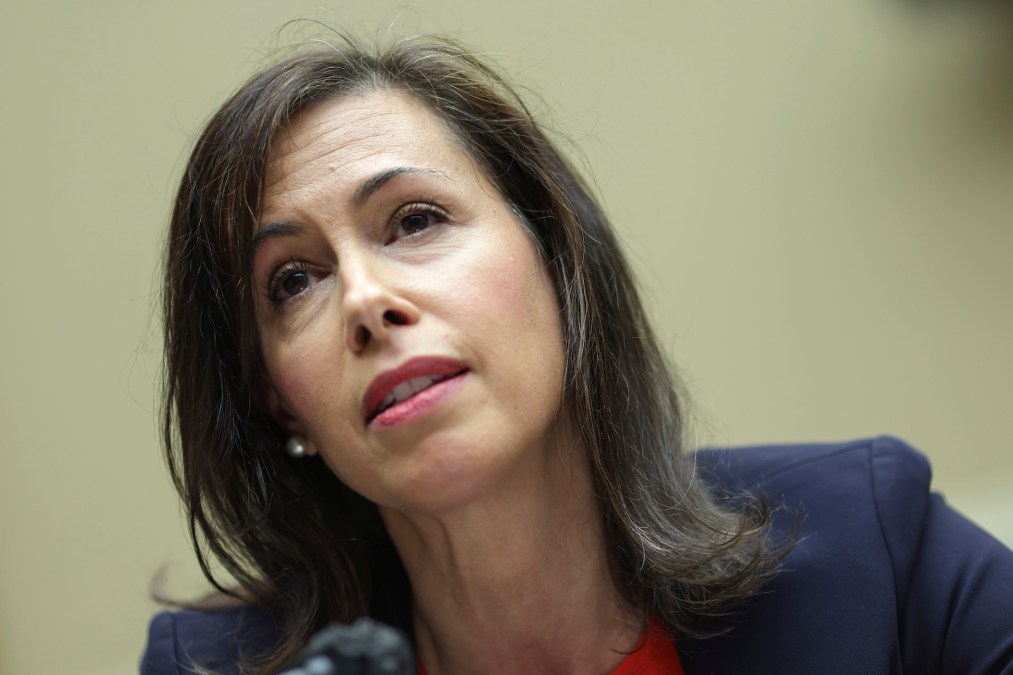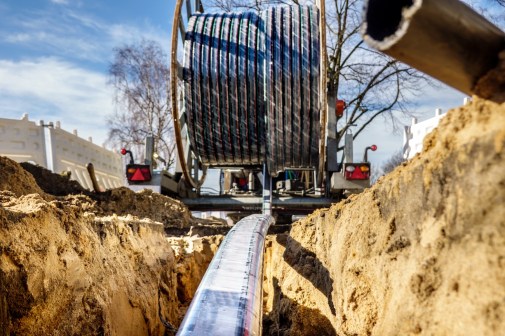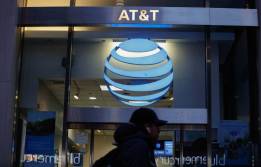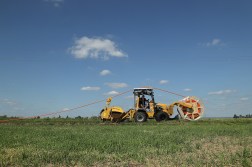FCC chair wants faster definition of broadband

The definition of high-speed internet could soon change for the first time in years, following a statement last Friday by Federal Communications Commission Chair Jessica Rosenworcel.
In a notice of inquiry to her fellow commissioners, Rosenworcel proposed redefining “high-speed internet” from download speeds of 25 megabits per second and upload speeds of 3 Mbps — benchmarks established in 2015 — to a minimum download speed of 100 Mbps and uploads of 20 Mbps.
Rosenworcel nodded to the stresses the COVID-19 pandemic placed on broadband networks nationwide, and said a seven-year-old standard risks leaving some communities in the dust.
“The needs of internet users long ago surpassed the FCC’s 25/3 speed metric, especially during a global health pandemic that moved so much of life online,” she said in a press release. ““The 25/3 metric isn’t just behind the times, it’s a harmful one because it masks the extent to which low-income neighborhoods and rural communities are being left behind and left offline. That’s why we need to raise the standard for minimum broadband speeds now and while also aiming even higher for the future, because we need to set big goals if we want everyone everywhere to have a fair shot at 21st century success.”
Rosenworcel’s notice cites the grant programs contained in the recent Infrastructure Investment and Jobs Act as a reason for updating national broadband speeds. The $45 billion Internet for All program — which is being administered by the Commerce Department but hinges on the FCC publishing new coverage maps — prioritizes connections to areas where internet service does not meet the current 25 Mbps standard, as well as communities that have not yet reached the 100 Mbps threshold.
She also laid out a separate, longer-term goal of download speeds reaching 1 gigabit per second against uploads of 500 Mbps.
Rosenworcel’s move was praised by several groups, including advocates for rural broadband.
“Ensuring that today’s internet speeds are sufficient for current and future use has been a persistent challenge in the urgent effort to bridge the digital divide,” Stephen Bell, the media director for the National Rural Electric Cooperative Association, wrote in an email.
Lifting the definition of high-speed internet will require a vote by the FCC’s sitting members. The commission is currently stuck at a 2-2 deadlock between its Democratic commissioners, including Rosenworcel, and its Republican members. President Joe Biden’s nominee for the fifth spot, Gigi Sohn, has not yet received a vote in the Senate.






